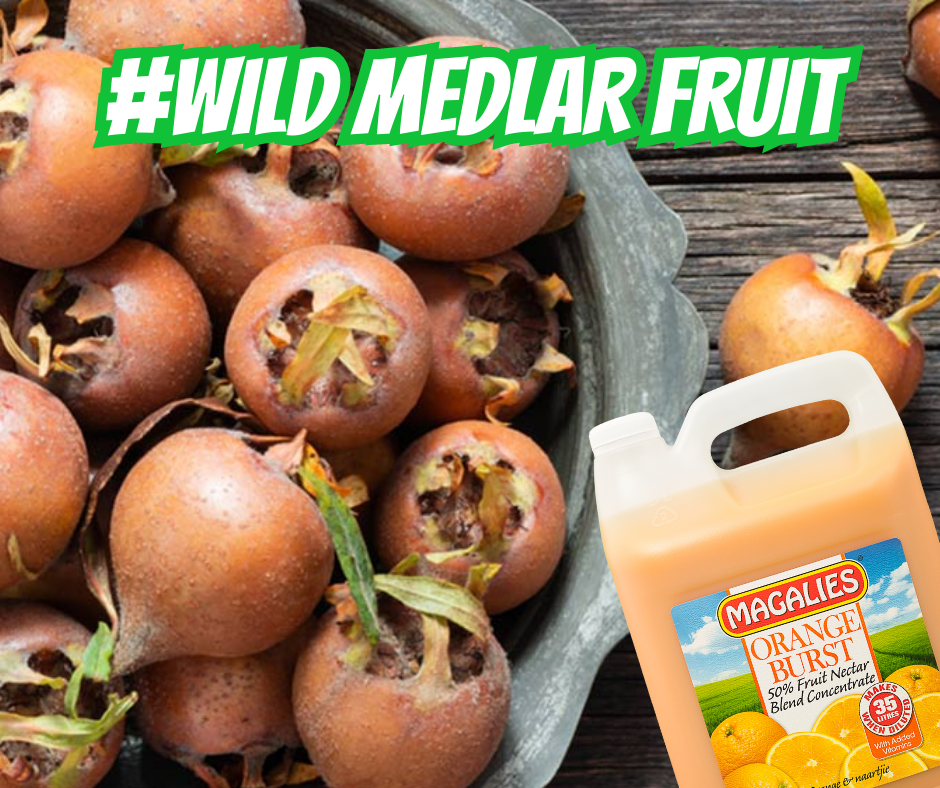by Dr. Marli Botha
A functional beverage is a conventional beverage that has been formulated to contain a specific product ingredient for supposed health benefits. Functional beverages include dairy beverages, sports and performance drinks, energy drinks, ready-to-drink teas, “smart” drinks, fortified fruit drinks, plant milks, and enhanced water.
Consumers around the world are not only looking for healthy free-from drinks, but also for drinks that actively promote their health.
Ready-to-drink (RTD) beverages for sports and active nutrition abound today in all varieties: Energy drinks, sports drinks, wellness beverages, meal replacement, vitamin/mineral waters and other flavoured waters. For active consumers, RTDs can either be a refreshing thirst quencher, an easy ‘pick-me-up’, or a functional beverage that offers a “little something extra” to help get them through their day.
Although RTD sports drinks have become more popular, many still contain classic energy sources—high-glycemic carbohydrates such as maltodextrin, sucrose or glucose syrup—which would not be fitting for the average consumer. High-glycemic ingredients are broken down shortly after entering the small intestine and cause the glucose level in the blood to rise rapidly after consumption. This can be useful, for example, as an “instant” energy boost during a sprint event or intense training sessions, but unhealthy for someone sitting at a desk during their work day.
Although sugars are often perceived to be associated with negative health consequences, they are also a key energy source the body can use to function. Education and product messaging may be part of the solution.





